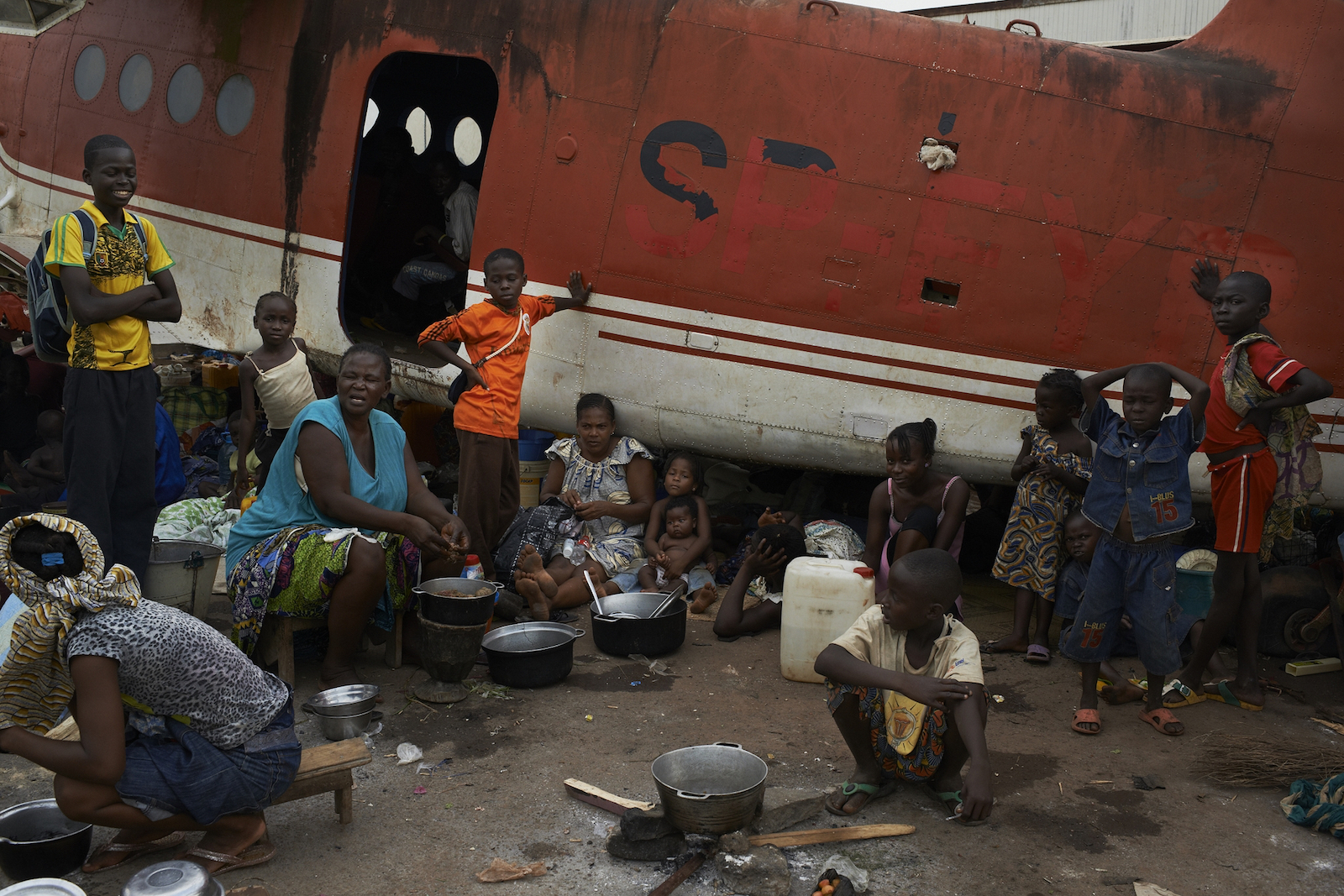
Diversity Management: The Panacea for Mitigating Violent Conflicts in Africa
According to the UNHCR, “Sub-Saharan Africa hosts more than 26 percent of the world’s refugee population.” The growing number of homeless people across international borders is directly correlated to the increasing trend of internal conflicts on the continent, which are the result of the complex diversities that exists within these states.
One enduring attribute of the modern state is cultural pluralism. Few states exist today that are purely homogenous culturally or linguistically. To this extent, nation building has been about managing the diversity that exists within the borders of a state. While this is a difficult task, some states have been successful in achieving this, but regrettably, African states are yet to attain success in this regard. Consequently, most of the conflicts that have ravaged the continent are the result of gross mismanagement, or the lack of administration over the diversities within the African states.
Whatever forms of diversity that exist in African States today are due to the unhealthy mixing of prior unrelated groups of people during colonial the period. The forceful conquest and eventual colonization of African States brought together groups who were divided along cultural, religious, linguistic, political, and ethnic lines to be administered as one under the colonial administrative system. In most instances, as with the French in Chad and the British in Sudan, colonial administrative policies resulted in radical separation of the colonial entities with the colonial government privileging one faction against the other while also encouraging rivalry among different tribes. These policies prevented the development of a sense of unity among the colonized which could then threaten colonial rule. While these policies may have served colonial governments well, they left a brutal legacy of highly politicized factions competing for the exclusive control of the state’s power and economic resources in post-independent African countries. It also resulted in the development of mental processes such as “invidious comparison” and “relative deprivation” which makes states prone to conflict.
What resulted in post-independence African states, for the most part, can be referred to as a form of power dynamics whereby privileged groups sought to retain their positions within the existing states while other groups resort to challenging the status quo. These rivalries were so deep that upon independence, the emerging elites that championed the course of independence could not come up with any meaningful nationalistic ideologies, but instead reverted to building the nations around the dominant ethnic groups. Therefore, politics in post-independence African states is the continuation of the struggle for power and economic resources that existed under colonial administrations.
To date, African states are still grappling with finding meaningful ways of managing the huge diversities within their borders. In fact, it can be said that most African countries have retained some of the colonial practices of managing these diversities. Evidently, post-colonial diversity management has only succeeded in reenacting some of the same conditions that fostered hostilities among groups during the colonial era. Institutional arrangements like power sharing and quota systems have only solved some of these issues at the elite levels without addressing grass root initiatives and concerns; they are merely palliatives which distract from chronic problems. Hence, in so far as the elites are satisfied with the existing power distribution, conflicts would be mitigated. Conversely, whenever a power arrangement does not satisfy the elites of any given group, they often revert to their ethnic caucuses to whip up latent ethnic sentiments that gears people up for conflict.
What we see these days are attempts by political elites to solve diversity issues by co-opting leaders of rebel groups into the political system and integrating a rebel army into the national army. The conflict in Burundi, in which more than 285,000 refugees have fled and over 400 people have been killed, is the result of a failed peace agreement that “created a power-sharing deal for political institutions and integrated the various rebel groups into the state military, using an ethnic quota system to ensure a more balanced representation.” The continuous violence in South Sudan is also a political struggle between President Salva Kiir and his former Vice President Riek Machar, both of whom represent the two largest ethnic groups in South Sudan.
Similar trends can also be seen in the conflict in the Central African Republic, and the struggle for power between the sitting government and opposition factions in the Democratic Republic of Congo. Without addressing the underlying causes of grievances that precipitates these conflicts, people at the grass root levels become susceptible to elite manipulations thereby rendering ideas of power sharing and quota systems to be futile at best and at worst, leads to more cycles of violence.
The present strategies for managing diversity have been largely ineffective in curbing the tide of conflict on the continent of Africa. What is therefore required are creative and better integrative approaches to diversity management that go beyond elite appeasement and quota systems to solutions that ensure majority rule while recognizing minority rights within an existing state.
